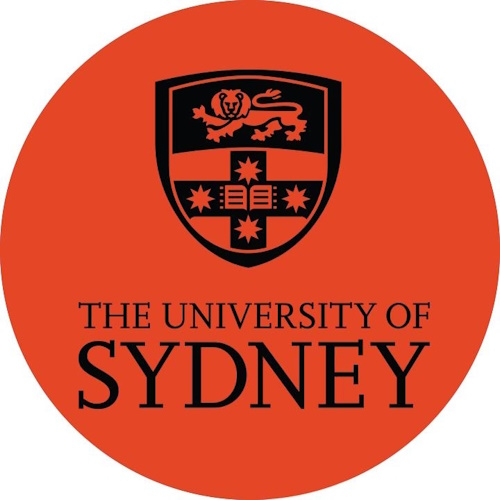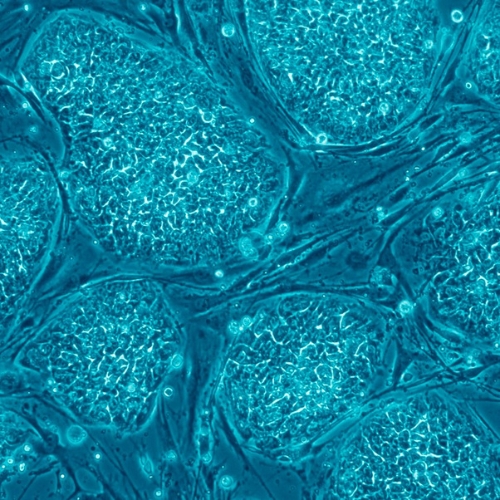Key points from article :
Retinal cone photoreceptors derived from human stem cells to restore vision in mice with advanced retinal degeneration.
“If you live to be old enough, you’ll have some form of macular degeneration,” - Robin Ali, lead author of the study.
Developed two variants of human cones: one derived from embryonic stem cells and a control type.
Mice were bred to be immunodeficient.
Injected functional cones into the retinas of 32 mouse eyes, and the aberrant cones into another 23 eyes.
Mice with functional human cones responded to light during an eye test.
Mice that received functional cones chose to retreat to a dark room when given the option.
Mice with deficient cones, by contrast, remained in the light for much of the time.
Capacity for manufacturing cones at scale does not yet exist, Ali is confident to produce enough cones for a human clinical trial.
Study by King's College London and University of Sydney published in Cell Reports.







